If you've been tossing and turning at night, you probably wonder why you can't settle in for a good night's rest. Restless sleep is frustrating and leaves you feeling tired and drained the next day. But why does it happen? More importantly, what can you do to stop it? Let's talk about the most common causes of restless sleep and how to get the rest you deserve
Why You Might Be Tossing and Turning
Several things can make sleep difficult, and the reasons can vary from person to person. Whether it's a sleep disorder, stress, or simply poor sleep habits, identifying the cause is the first step to finding a solution.
Sleep Disorders Are Major Culprits
Some people have underlying sleep disorders that make a good night's sleep hard to come by. Sleep apnea, insomnia, and (RLS)restless legs syndrome can make you wake up all the time and have restless sleep. Insomnia can keep you lying awake, struggling to fall asleep, while sleep apnea makes your breathing stop and start all night long. RLS makes you feel like you just can't keep your legs still, leading to restless sleep. If you wake up frequently or feel like you barely slept, one of these might be the issue.
Stress and Anxiety Wreak Havoc on Sleep

Too stressed to sleep? When your mind is racing, sleep doesn't come easily. Stress from work, relationships, or life in general often makes anxiety and sleep a tough mix. You end up lying in bed, thinking about everything that happened that day-or what might happen tomorrow-and before you know it, hours have passed, and you've barely slept. Stress also brings physical tension, making it hard to relax. The result? Another night of tossing and turning.
Poor Sleep Habits
Sometimes, it's the little things that add up. If you scroll on your phone before bed, binge-watch TV, or sleep at different times every night, your body needs clarification about when it's supposed to wind down. Inconsistent bedtimes or using electronics late at night can disrupt your body's natural sleep cycle and result from poor sleep hygiene practices. You might feel weird when you want to sleep or be too tired to get comfortable.
What You Eat and Drink Matters
What you eat can really affect how well you sleep. Caffeine, for example, stays in your system longer than you think, so that afternoon coffee might affect your sleep later at night. Alcohol can mess up your sleep cycle too. Even though it makes you feel drowsy at first, it disrupts your sleep as the night progresses. Having a big meal right before bed can make you feel uncomfortable, and not getting enough key nutrients can also make falling asleep tougher.
Underlying Health Conditions
Physical health issues sometimes cause restless sleep. Conditions like arthritis, heart problems, or chronic pain can make it hard to get comfortable. If you frequently wake up to go to the bathroom, that can also be a sign of an issue. Restless sleep causes health problems, big or small, and can seriously impact the quality of your sleep.
How to Stop Tossing and Turning
Now that we've talked about some of the main causes of restless sleep, let's look at what to do when you can't sleep and how to wake up feeling refreshed. The good news is that with a few simple changes, you can solve most of these problems and start getting better rest.
Create a Comfortable Sleep Space
The first step to better sleep is making sure your bedroom is a place you actually want to rest. Your bed needs to be comfortable, your room should be dark and quiet, and it helps to keep the temperature cool. But if your mattress feels lumpy or too firm, you might be dealing with the signs and symptoms of sleeping on a bad mattress. In that case, it's probably time to invest in a new one that supports your body the right way. Blissful Nights specializes in mattresses designed to help you relax and get the deep sleep you need.
Set a Regular Sleep Schedule
When you stick to the same bedtime and wake-up time each day, it helps your body find a natural rhythm. Your body likes routines, so keep your schedule consistent, even on weekends. Establishing consistent nighttime routines will help signal your body when it's time to sleep. Over time, this will help you feel sleepy at the right time and make falling asleep easier.
Cut Down on Caffeine and Alcohol
If you're having trouble sleeping, try reducing caffeine, especially later in the day. You may also want to limit alcohol, as it can disrupt your sleep cycle. Both substances can keep you awake longer or cause you to wake up frequently. Drinking a calming herbal tea instead can help your body wind down.
Relax Your Mind Before Bed

If stress or anxiety keeps you awake, finding ways to relax your mind before bed is essential. Simple relaxation techniques like meditation, deep breathing, or reading a book help calm your mind and make falling asleep easier. Try putting away your phone and other devices at least an hour before bed to avoid overstimulating your brain with blue light.
Be Active During the Day
Getting enough physical activity during the day can help you tire out in a healthy way. When you exercise regularly, it helps you sleep better because it makes falling asleep and staying asleep easier. Just be sure to finish any hard workouts a few hours before bed, so you don't feel too energized.
When to See a Doctor
If you've tried improving your nighttime routines and sleep habits but still find yourself tossing and turning, it might be time to see a healthcare provider. They can help identify if there's an underlying condition, like sleep apnea or insomnia, that's causing your restless nights. Sometimes, a sleep study might be needed to get to the bottom. Don't hesitate to seek professional help if you think more is going on.
Rest Easy with Blissful Nights
At Blissful Nights, we know that a good night's sleep is essential to feeling your best. That's why we provide high-quality mattresses that help you sleep deeply and wake up refreshed. If your mattress isn't doing the job, consider upgrading to one of our top-rated options. With features that support your body and reduce discomfort, you can say goodbye to restless sleep and hello to better nights.
Explore our selection of mattresses today and find the perfect one to help you get the rest you deserve!
Frequently Asked Questions
What causes restless sleep?
Sleep disorders, stress, poor sleep hygiene, diet, or underlying health issues can cause restless sleep.
Can anxiety cause restless sleep?
Yes, anxiety can lead to racing thoughts and physical tension, making it hard to relax and fall asleep.
How can a mattress help with restless sleep?
A supportive, comfortable mattress can reduce discomfort and improve sleep quality.







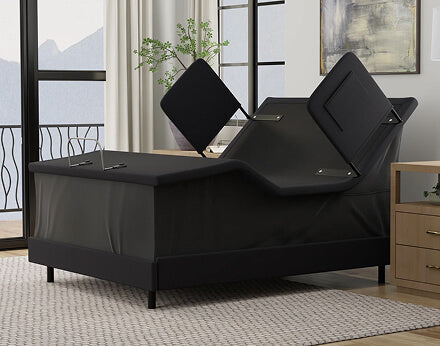


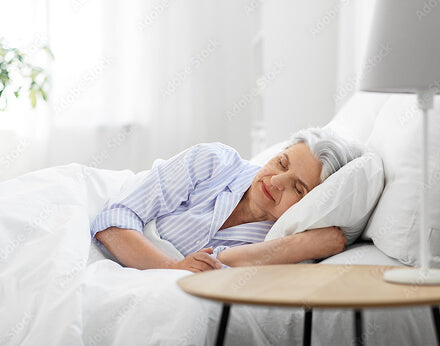
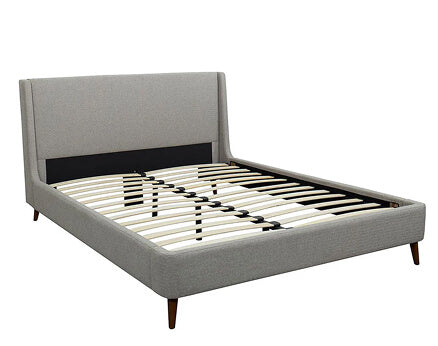
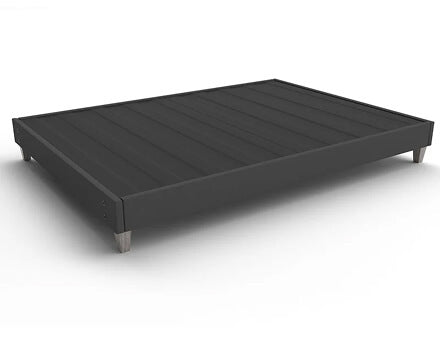
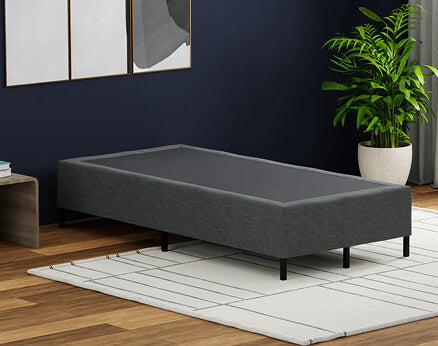

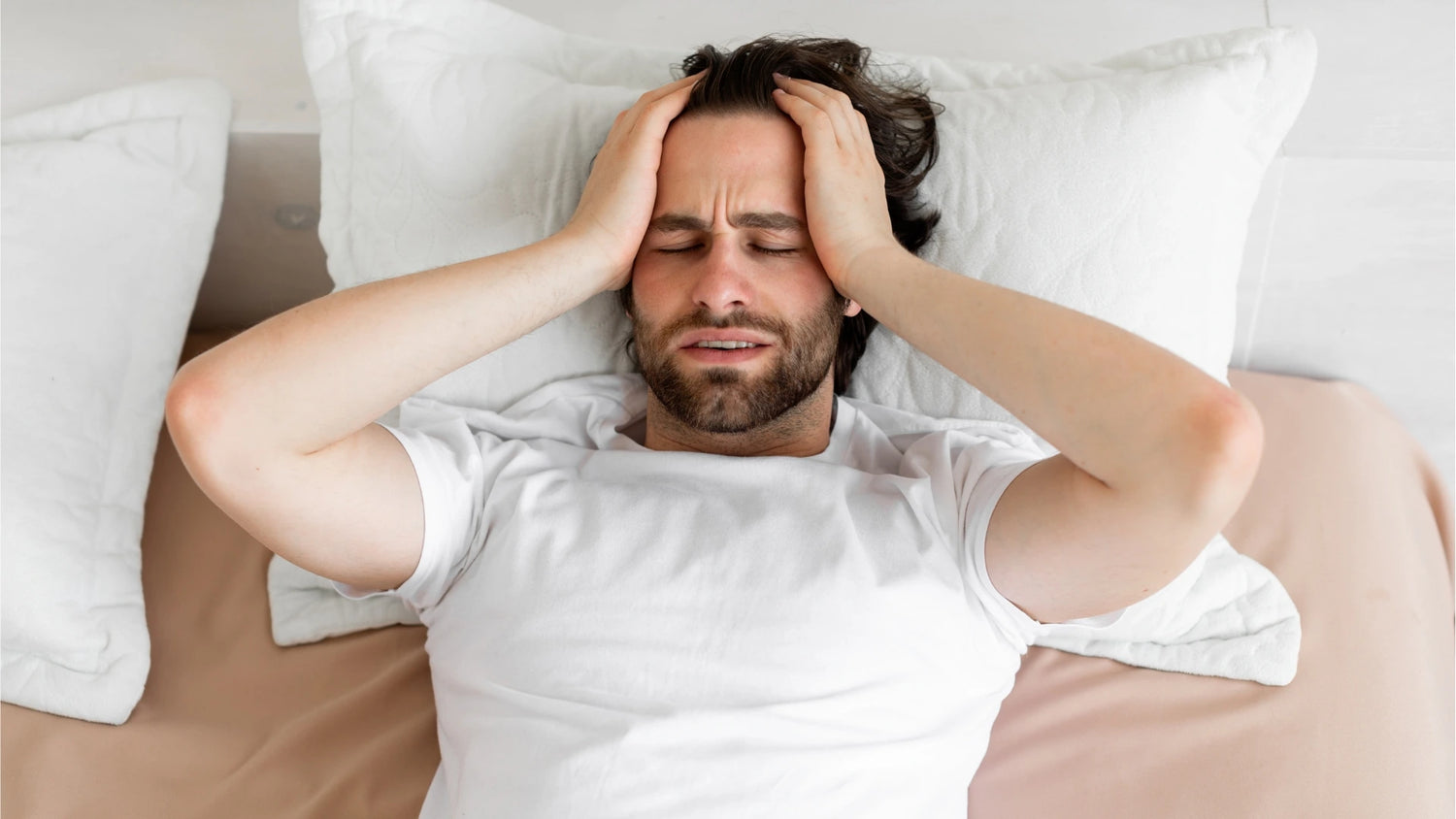
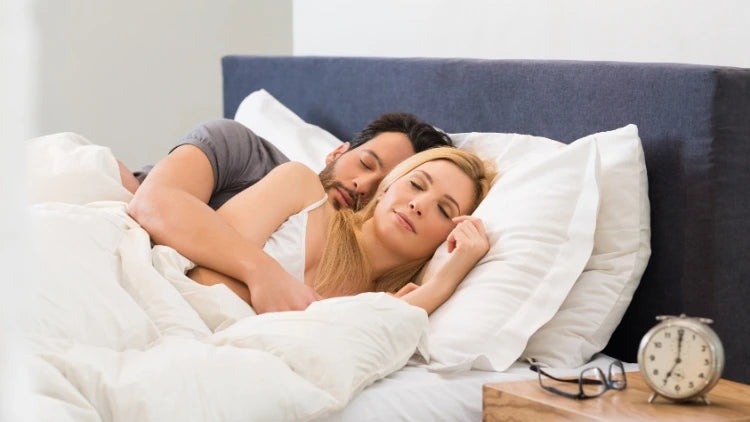
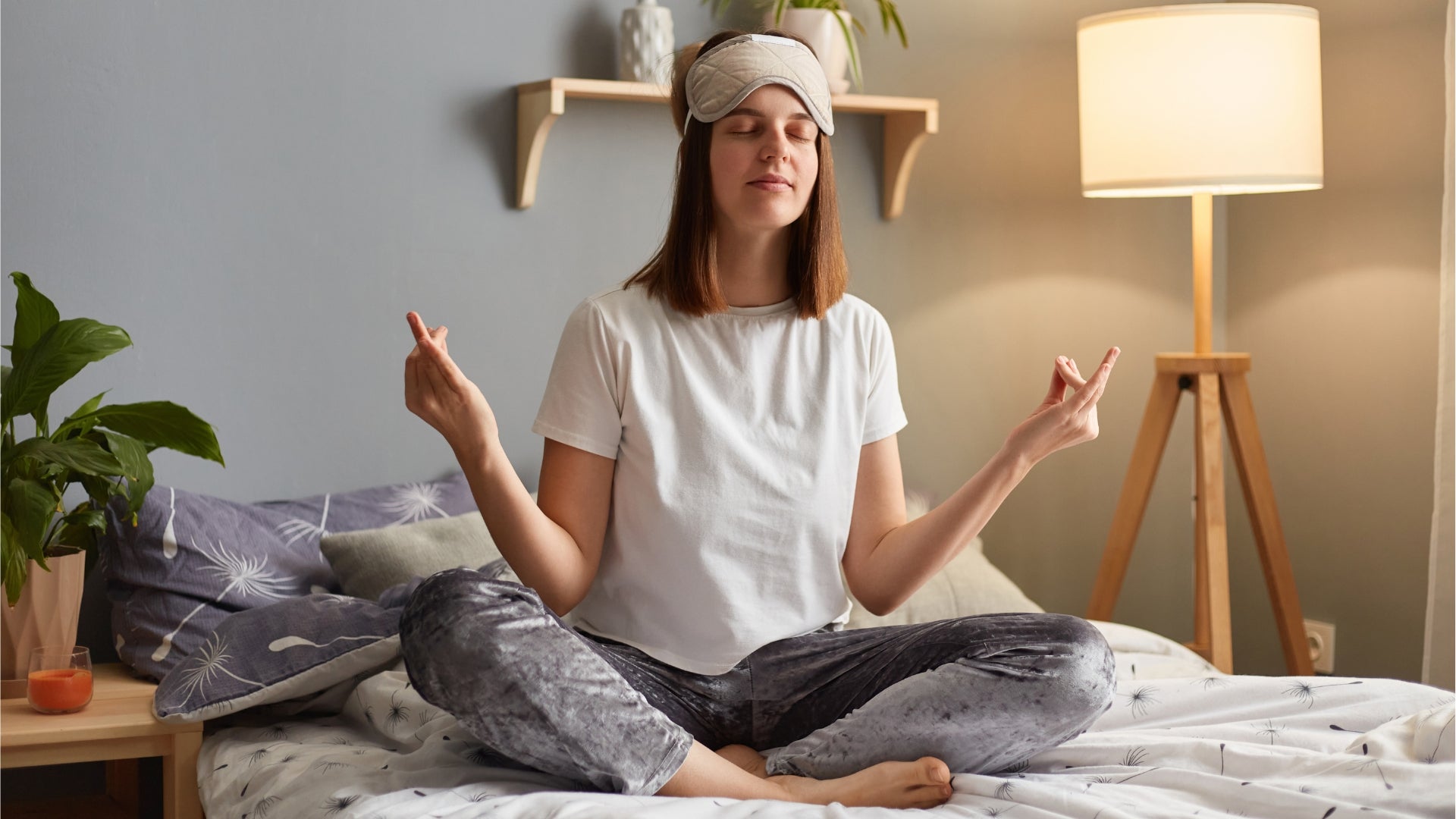
Leave a comment
This site is protected by hCaptcha and the hCaptcha Privacy Policy and Terms of Service apply.